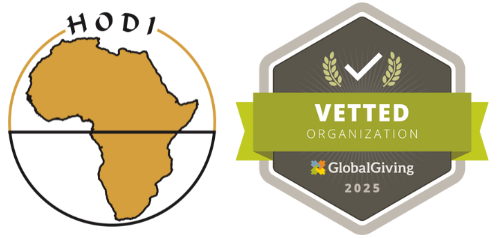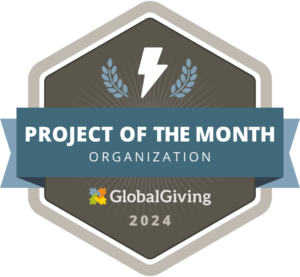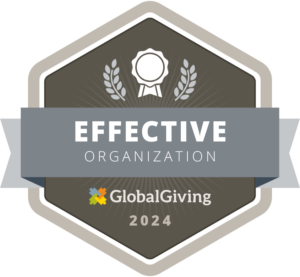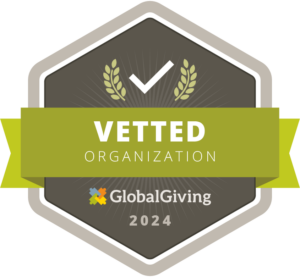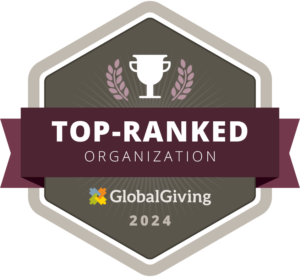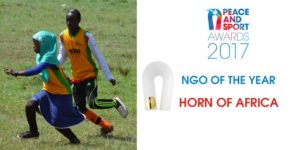
Building Resilient Communities
Our Building Resilient Communities Program aims to economically empower women and families who struggle to struggle to put food on the table.
We currently have two projects that fall under this program:
Qusanno
Qusanno means saving together in one of our local languages. Women come together to form small village groups of between 10 and 50 for the purpose of pooling their resources together.
Every member is required to save at least 10 shillings every day: 3 shillings for education, 3 shillings for hospital bills and 4 shillings for small business. At the end of the month, everyone saves 300 shillings in the village groups.
With time, members felt able to increase their savings, from the initial 300 shillings per month to 500 shillings. It was up to individual women to decide what they could afford to save above 300 shillings. Most members currently contribute 500 shillings per month into the groups.
Economic Empowerment
With the pooled savings deposited into a bank account operated by the group, women take out small loans repayable in small monthly installments. They use it to pay school fees for their children and clear hospital bills for their sick.
Most women use the small loans to start or support their own small businesses such as groceries, car wash spots and kiosks selling common household goods.
With the profit earned from the small businesses, these women repay their loans and are able to put food on the table. They are able to improve the standard of living for their families. They become economically empowered.
These village groups also have another impact. In a County with frequent ethnic clashes, these women who belong to different ethnic groups are a true demonstration that with a common purpose and love for each other, it is possible to live and thrive together in unity.
HODI’s Role
Our role as HODI is to train these women on financial literacy, assist them with record keeping and mentor their leaders.
Occasionally, when we receive support towards this project, we also inject grants into the groups to increase the amount of money that is available for loans.
Building Resilient Households
Because of frequent droughts and unemployment, many households in Marsabit are barely able to put food on the table every month. The most affected often tend to be households headed by women.
What We Provide
With small donations received through this project that is listed on GlobalGiving, we provide cash transfers or directly purchase and distribute foodstuff to affected families. This package costs between $30 and $40 per family.
In a County where only a small percent of the population has access to piped water, it is essential that families can harvest and store rain water. When we receive sufficient funds, we also provide small water tanks to increase the water saving capacity of each household.
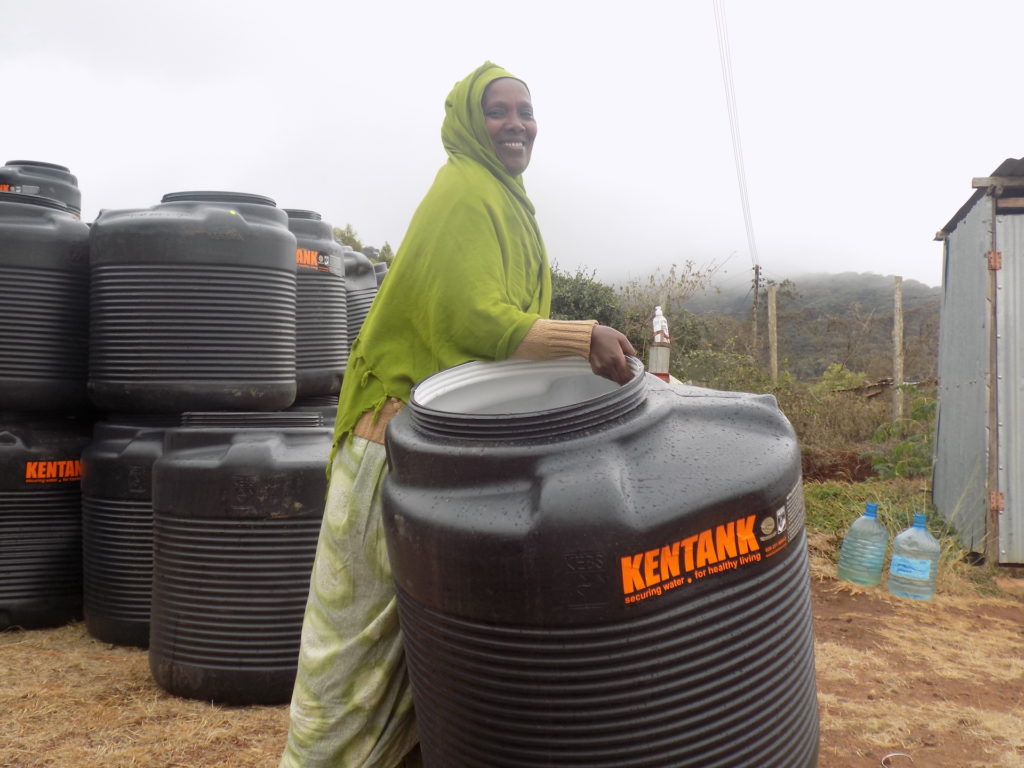
During the rainy seasons, we distribute seeds to households and train them to practise shamba HODI, a term we use to describe the sack gardens that grow vegetables and that can be sustained through used water from households. This supplements families’ diets with healthy vegetables.
This is our HODI Resilience Model that we hope to upscale in order to reach many more households.
Support for Our Building Resilient Communities Program
HODI is grateful to the GlobalGiving for their support of the Building Resilient Communities Program.

